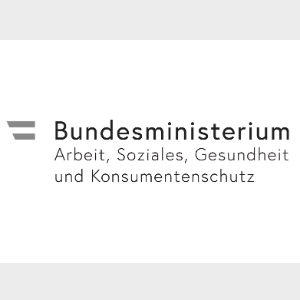Portugal HiT (2017)
Download
While overall health indicators for Portugal have notably improved in recent years, they still hide significant health inequalities, which are mostly related to health determinants, such as child poverty, mental health and quality of life.
Even though the Portuguese National Health Service (NHS) is universal, comprehensive and almost free at point of delivery, there are also inequities in the access to health care, mostly related to geography, income and health literacy. The so-called health subsystems, the special health insurance schemes for particular professions or companies that exist next to the NHS as well as private voluntary health insurance, provide easier access for certain groups.
Since the financial crisis, health sector reforms in Portugal are guided by the Memorandum of Understanding that was signed between the Portuguese Government and three international institutions (the European Commission, the European Central Bank and the International Monetary Fund) in exchange for a €78 billion loan agreed. Measures were implemented to contain costs, improve efficiency and increase regulation. Still, financial sustainability of the Portuguese health system remains a challenge. Due to cuts in public workers’ salaries the migration of health care workers risks to negatively affect the quality and accessibility of care. While several reforms are aimed at improving coordinated care and developing the use of Health Technology Assessment, there is still scope for increasing efficiency in the health system.





















